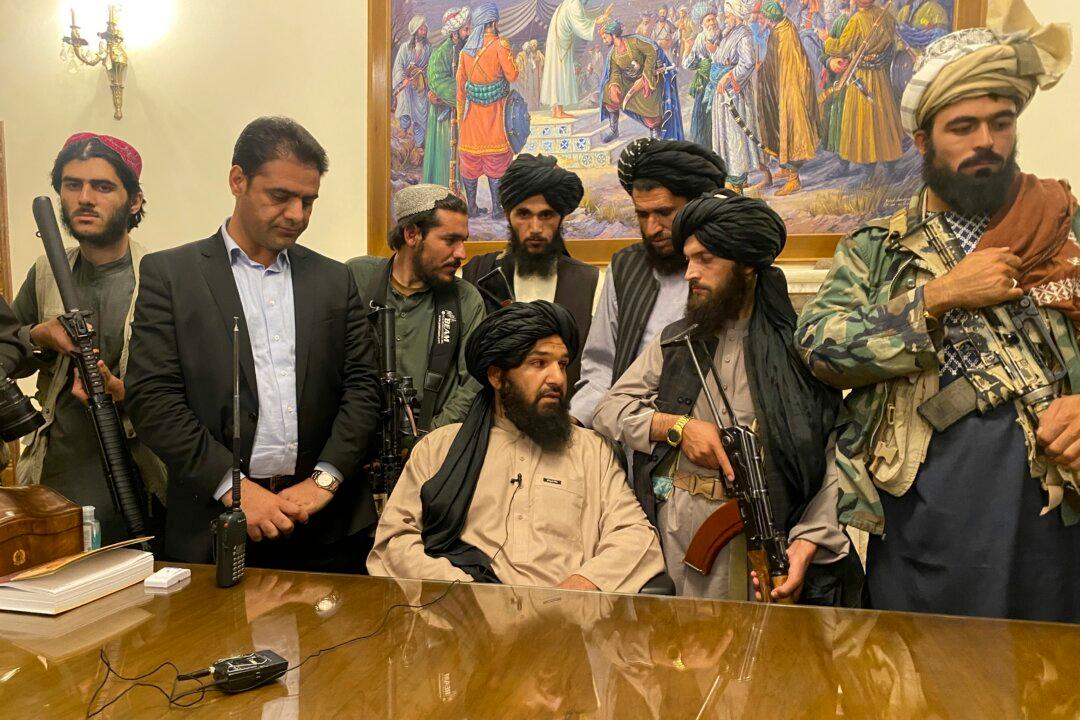Commentary
Last week, as Afghanistan crumbled, I found myself reading “How to Win Friends & Influence People,” one of the best-selling books of the 20th century. As I digested Dale Carnegie’s advice, I found myself wondering if President Biden owned a copy. His actions, on first inspection, seem to indicate that he doesn’t.





